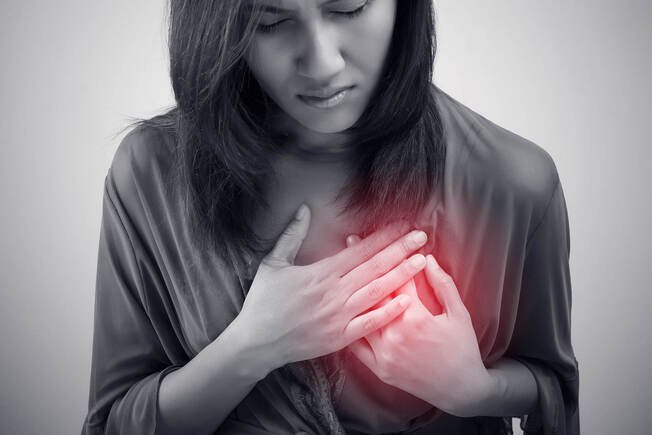Table of Contents
A heart attack victim’s goal is to keep their hearts healthy and to lower their risk of experiencing another heart attack. Seek regular heart checks by your doctor, take your medications as directed, and consider a cardiac rehabilitation program. The Best Way to Prevent Heart Attacks.
What is the purpose of taking drugs after suffering a heart attack?
A heart attack might prompt certain drugs to be taken:
- Blood clot prevention
- Your heart will work better if you do this
- By lowering cholesterol, plaques can be prevented
- A heart rhythm problem may be treated with medication, along with low blood pressure, chest pain control, and heart failure treatment.
If you are an individual that is worried about taking too many medicines at the same time, maybe you can ask your doctor to prescribe a swallowing gel. There are many good and credible brands out there that can help you take down multiple medications without having to worry about throwing up. Gloup swallowing gel is one of the leading products in the market which you can ask your doctor about. It is completely safe and does not affect the chemical composition of the medications.
Understand what you are taking, when to take it, and what it is for. You should discuss your medications with your physician or nurse. Each time you visit the doctor, take your medication list with you. Your doctor or pharmacist can answer any questions you have.
Don’t miss your medications, even though it seems obvious. The majority of people do not follow their doctor’s instructions when taking their medications. You might find that side effects, cost, or forgetfulness make it impossible for you to take your medicine. Find the Best Houston Heart doctor and ask him for help.
Changing your lifestyle after having a heart attack?
Your doctor’s advice is essential if you want to prevent further heart disease or prevent another heart attack. A lifestyle change might be necessary for you. You can make some lifestyle changes to increase your health and cut your risk of disease:
You can drastically lower your heart attack and stroke risks by not smoking. Speak to your doctor about quitting smoking. Also, you will be saving your family and friends from heart disease by avoiding secondhand smoke. The website smokefree.gov and 80800QUIT-NOW can also be accessed.
A healthy body weight isn’t as important as getting thin: Being overweight or obese can significantly raise your risk for heart attacks and strokes.
Your cholesterol numbers will improve and your blood pressure and blood sugar levels will drop if you lose 5% to 10% of your body weight.
Exercise reduces your risk of heart attack:
Moderate activity can lower your risk. In addition, it can lower your blood pressure and LDL or “bad” cholesterol, boost your HDL or “good” cholesterol, and assist with weight management.
Get your heart pumping a minimum of 5 days a week by exercising for 30 minutes. Some good choices are swimming or walking briskly. Do strength training one day a week, followed by cardio on another. Exercise routines can be broken into small segments if you have a busy schedule.
As well as nuts and seeds, avocados, olive oil, and flaxseeds also contain omega-3 fatty acids. High-fat dairy products are also not as good for your heart as fat-free or low-fat alternatives.
Reduce your intake of unhealthy foods:
Avoid processed and prepared foods with high salt and sugar content. Preservatives are also added to them. Stainless steel is best for frying and oily foods. Saturated fat is found in all of them.
Consume low-calorie drinks such as water and avoid sugary drinks such as soda and fruit punch. Food poisoning can also occur when cookies, cakes, and pies are packaged in packaging. You can increase your cholesterol level if you consume trans fats from them.
Drink moderately.
If you do not already drink alcohol, do not start now. You should drink moderately if you decide to do so. Women should limit their alcohol consumption to one drink daily, while men should limit it to two drinks daily. You will have a higher heart rate and blood pressure after drinking. As well as increasing fat levels in your blood, it can increase weight gain.
Find here – Prevent Heart Attacks



